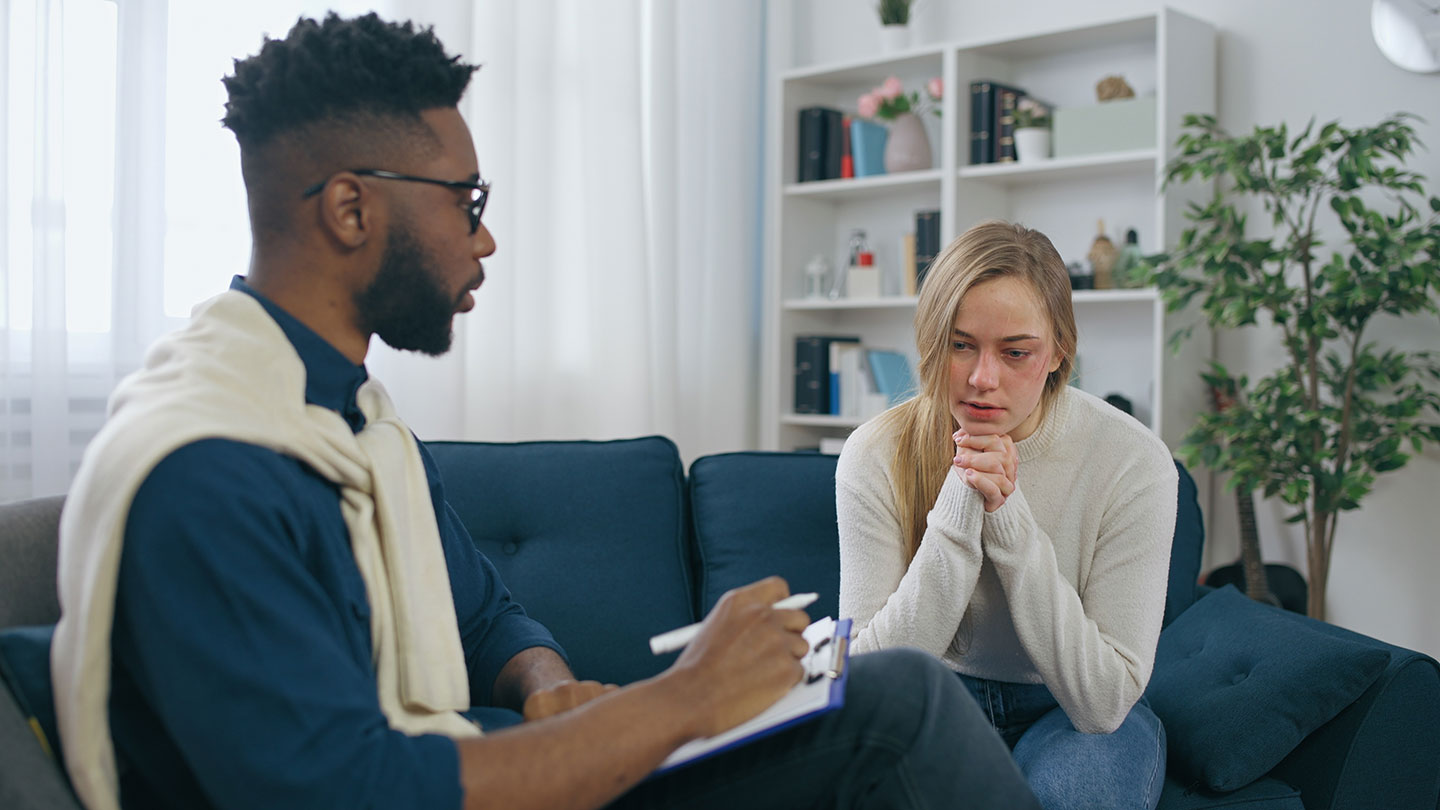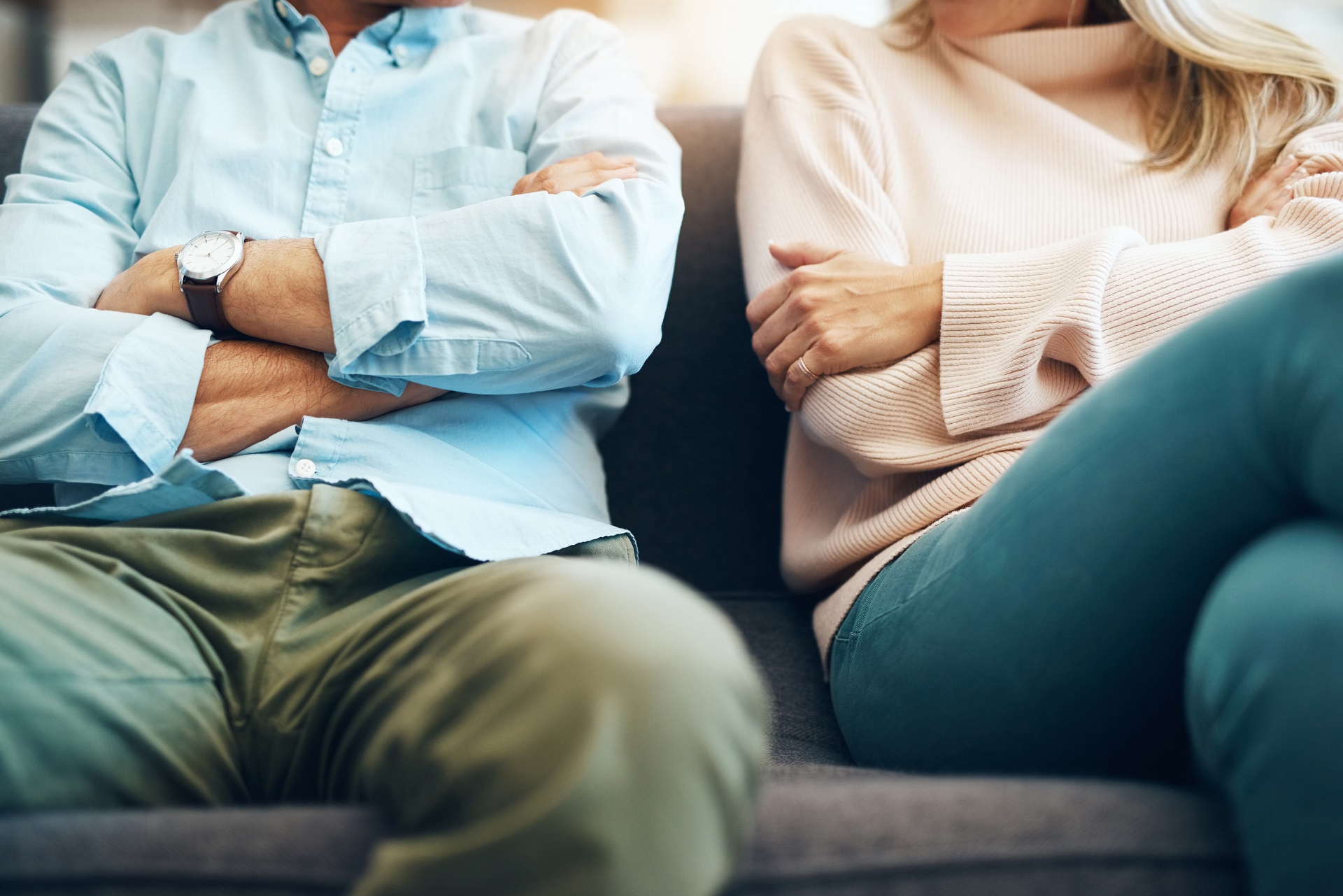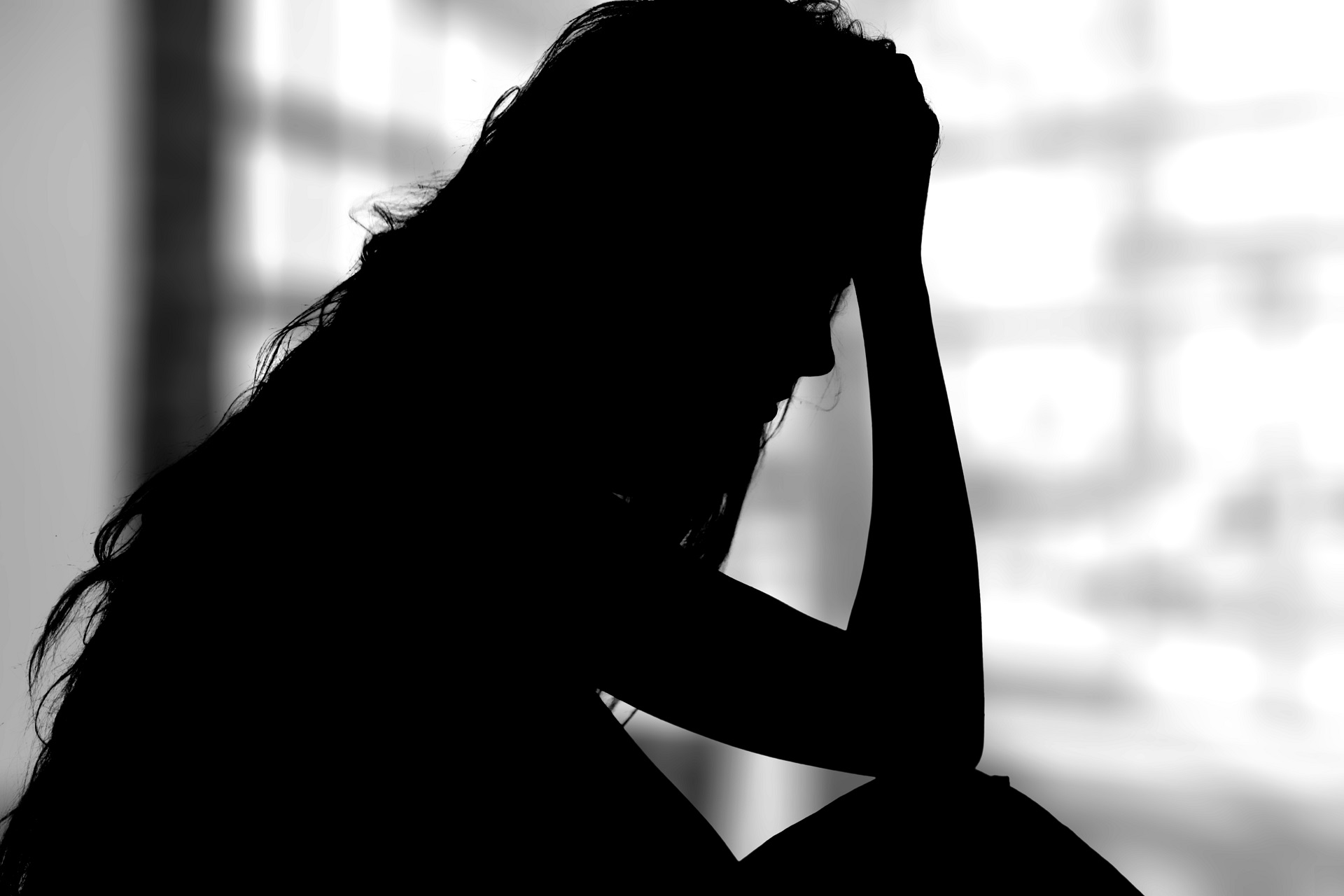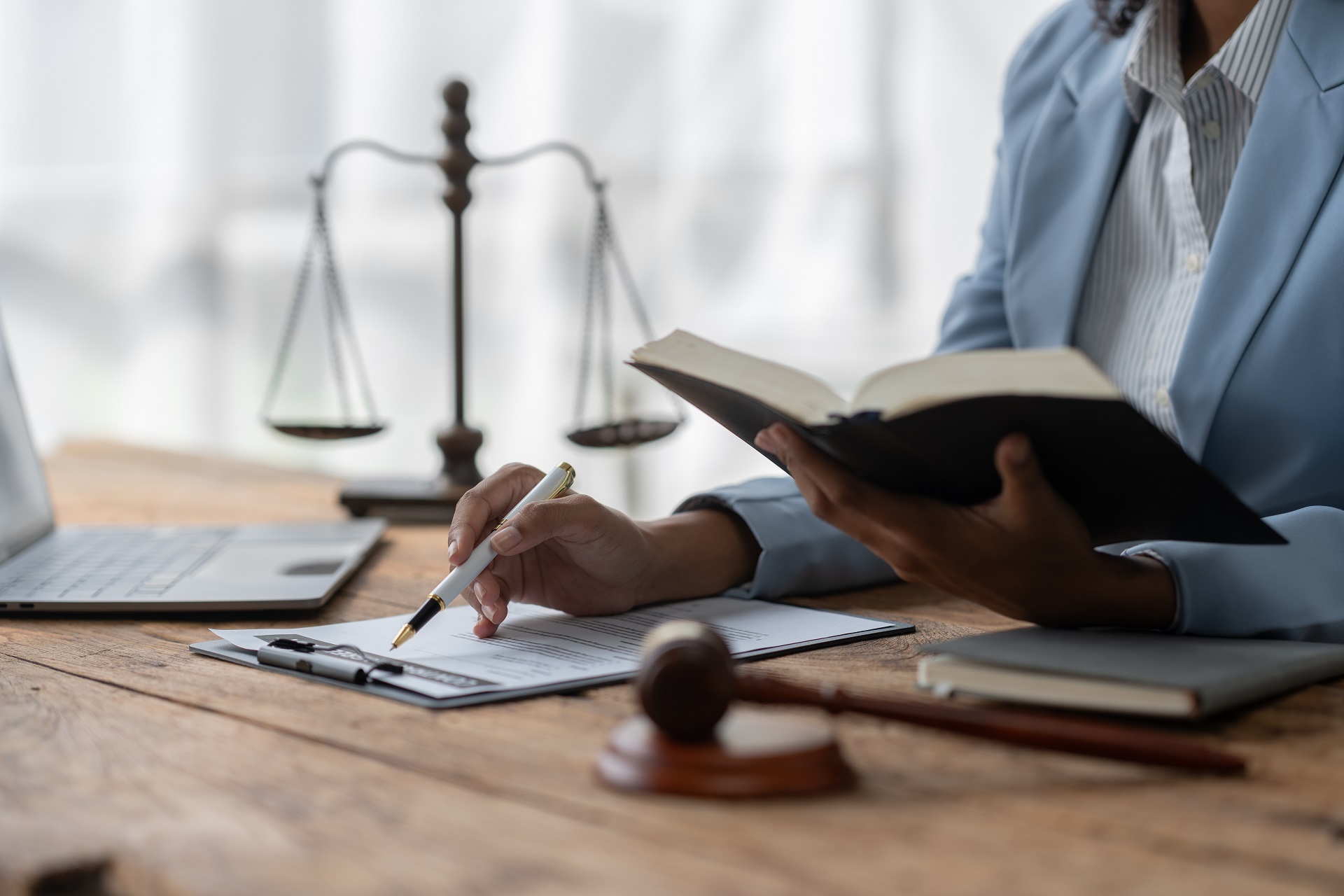The Unique Challenges Domestic Violence Survivors in Same-Sex Relationships May Face When Seeking Legal Protections
When people hear the term “domestic violence,” most picture a male perpetrator abusing a female victim. While acts of domestic violence occur within heterosexual relationships, anyone can become a victim of intimate partner violence. According to the National Coalition Against Domestic Violence (NCADV), one in three women and one in four men have experienced some form of physical violence by an intimate partner. What’s more, one in four women and one in seven men have been victims of severe physical violence (such as beating, burning, strangling) by an intimate partner in their lifetime. Perpetrators do not fit one mold—abusive behaviors and attitudes can arise in men, women, and nonbinary individuals of any sexual orientation. It’s hard enough for victims of domestic violence to seek the help and legal protections they need to remove themselves from an abusive relationship.
Unfortunately, many victims (of any gender) feel ashamed of the situation and do not seek help because of a persistent stigma surrounding victimhood. For instance, many male victims of domestic violence suffer in silence because they are afraid to admit that they have experienced abuse. Although rates of domestic violence within the LGBTQ+ community are similar to those in the cisgender and heterosexual communities, many victims of abuse at the hands of a same-sex partner are afraid of reporting these incidents and taking steps to remove themselves from harmful situations. For many LGBTQ victims, an unfamiliarity with the legal protections available to survivors prevents many from seeking the support they need. Within the last several years, Washington State has taken steps to explicitly address victims in all types of relationships to ensure that survivors of any sexual orientation or gender identity can enjoy the same legal protections from domestic violence. This post will explore some of the unique factors that shape attitudes toward domestic violence in same-sex relationships and what types of legal protections survivors can obtain to feel safe once again.
Recent Changes to Federal Laws Concerning Domestic Violence
First, it’s helpful to understand that the national Violence Against Women Act (VAWA) was enacted in 1994. It was most recently reauthorized in 2022 and provides “survivors, the thousands of local programs that serve them, and communities with much-needed resources for housing, legal assistance, alternatives to criminal responses, and prevention programming.” Additionally, the reauthorized spending package “includes new economic justice provisions and bolsters access for survivors of all genders by strengthening non-discrimination laws and creating an LGBTQ services program.” In 2013, VAWA’s reauthorization explicitly addressed LGBTQ survivors and added provisions to prohibit acts of discrimination facing LGBTQ survivors when seeking legal protections and services. For example, the text of VAWA was amended to include the term “intimate partners” as well as spouses, ensuring that victims of any gender or sexual orientation could receive legal protections and services for surviving domestic abuse or violence.
Domestic Violence Protections in Washington State
Washington’s domestic violence laws aim to be inclusive to any individual suffering violence, harassment, or abuse at the hands of a dating partner or spouse. These state laws provide equal protection to all survivors, whether they are in a heterosexual, same-sex, or LGBTQ relationship. Under RCW 26.50.010(2), the term “family or household member” may refer to current and former spouses and domestic partners, adults currently residing together (or who have previously resided together), people who have a child in common (regardless of whether they have been married or have lived together in the past, and people over the age of 16 who are currently dating or have dated in the past. The language of these legal definitions remains genderless, making it clear that domestic violence protections are available to any and all survivors (regardless of sexual orientation or gender identity).
Domestic Violence Statistics in the LGBTQ Community
Washington state recognizes that domestic violence can happen to anyone. According to the most recent estimates, 27 percent of bisexual men and 24 percent of gay men have reported being a victim of physical violence by an intimate partner. An estimated 55 percent of bisexual women and 36 percent of lesbian women report that they have been victims of physical violence by an intimate partner.
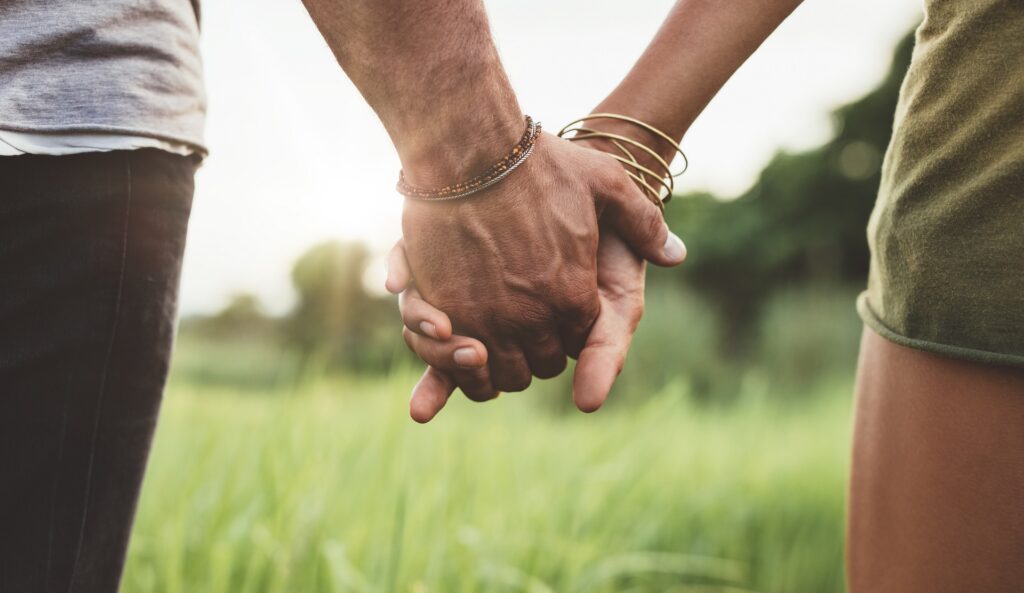
Additionally, 63 percent of lesbian women state that they have experienced psychological aggression by an intimate partner. It’s essential for victims to understand that the term “domestic violence” does not solely mean physical violence. Emotional manipulation, coercive control, verbal threats, stalking, and other non-physical behaviors can constitute domestic abuse and justify the need for legal protections from an abusive partner. Whether the abuse occurs within a heterosexual or same-sex relationship, the abuser’s goal is the same: To achieve power and control over the survivor.
Misconceptions About Abuse in Same-Sex Partnerships
Unfortunately, there are several myths surrounding domestic violence in same-sex and LGBTQ relationships. For example, many people assume that only male partners engage in domestic abuse. This misconception essentially ignores the potential for domestic abuse within lesbian relationships, as people may assume that females do not abuse other females. Although the nature of the abuse may look a bit different within a lesbian relationship (i.e., emotional manipulation, coercive control, and verbal harassment are more common than physical violence), many women in same-sex relationships suffer domestic abuse. Another common misconception is that LGBTQ relationships have higher levels of “mutual abuse” than heterosexual partnerships, as it’s assumed that men cannot be victims of domestic abuse (and women are incapable of abusing other women). This harmful assumption can make it much more difficult for victims of domestic violence to obtain the services and support they need, as they may face discrimination or even the denial of services from those who do not believe that they are truly suffering abuse at the hands of a same-sex partner.
Other Unique Considerations for Same-Sex Victims
There are many reasons why survivors of domestic abuse do not seek the protections they need to remove themselves from an unhealthy relationship. For victims within the LGBTQ community, there may be even more nuanced reasons for such hesitancy to seek help. For instance, an abusive partner may threaten the victim that they will “out” them if they attempt to leave the relationship. Survivors who remain closeted because of judgmental family members or the nature of their employment situation may fear that leaving an abusive partner will prompt the perpetrator to “out” them, which could destroy other relationships or create significant issues in the workplace for the survivor.
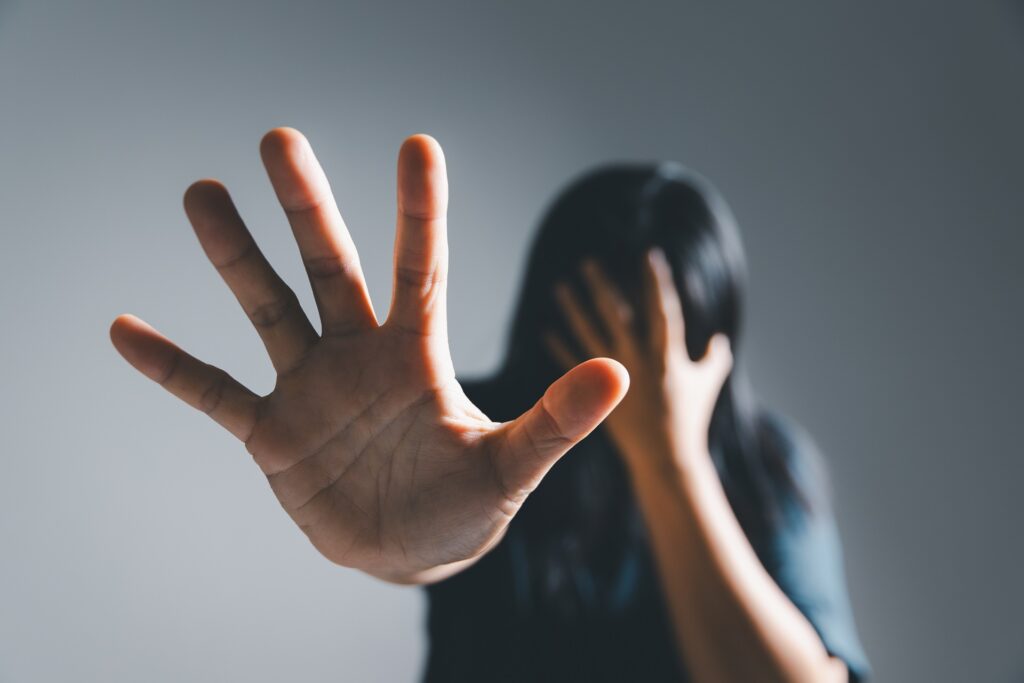
In other cases, an abuser may threaten to end the survivor’s relationship with their children, especially if the survivor is not a biological parent. The abuser may claim that the survivor, as a nonbiological parent, has no legal rights to the child if the survivor attempts to escape the relationship. It’s essential for survivors of same-sex abuse to understand that Washington law recognizes nonbiological parents as legal parents if the couple had the child while married, in a registered domestic partnership, or residing in the same household for the first two years of the child’s life. Even if you are worried that your abuser will cut you off from your child, you should trust that working with a caring and experienced family law attorney will empower you to leave the abusive relationship and regain control over your life. Together, you and your attorney will seek the legal protections you need to enjoy a brighter and more stable future for you and your children.
Protection Orders for LGBTQ Survivors
Just like heterosexual and cisgendered individuals, LGBTQ survivors are eligible for protection orders from abusive spouses or dating partners. If a current or former spouse, intimate partner, family member, or household member has caused you physical harm, made verbal threats about inflicting physical harm on you, harassed you, stalked you, or exerted coercive control (i.e., monitored your whereabouts, restricted access to your finances, or made you feel threatened or unsafe), you have the right to seek a domestic violence protection order (DVPO). You can complete a form and file it with the court. The judge will review the petition and issue a DVPO that prevents your abuser from contacting you in any way (including via phone, text, email, and social media). The DVPO may also remove the abuser from a shared residence, order them into treatment or counseling, and compel them to surrender any firearms, dangerous weapons, and concealed pistol licenses. The goal of a DVPO is to keep the survivor safe from further harm and to empower them to regain control of their life.
Take the First Step Toward a Brighter Future
If you are suffering abuse at the hands of a spouse or dating partner, you are not alone. You may feel as if there is no way out—however, it’s critical that you recognize that you have options for escaping this harmful situation and regaining control of your life once again. Consider reaching out to a deeply caring Seattle family law attorney who understands the nuances and complexities of LGBTQ relationships. With an empathetic attorney by your side, you can finally feel safe again as you lay the foundation for a brighter and more stable future.
Anyone can experience violence at the hands of an intimate partner, spouse, or ex, regardless of gender identity or sexual orientation. If you need legal protection from an abusive partner, call the Hemmat Law Group today at (206) 682-5200 to speak with a trusted and compassionate Seattle family law attorney.
The Hemmat Law Group (HLG) was founded in 1994 by Steven Amir Hemmat, a former DOJ Trial Attorney. We specialize in family law, supporting victims of the legal system.
Hemmat Law Group help good people in bad situations.
Our lawyers provide expert legal advice connected to protection orders, including in cases of domestic violence, stalking and neighbor disputes. Contact us today.










